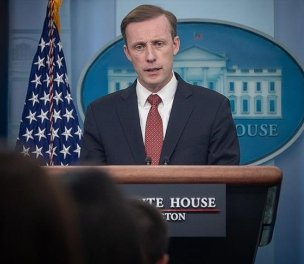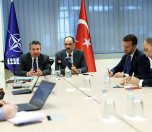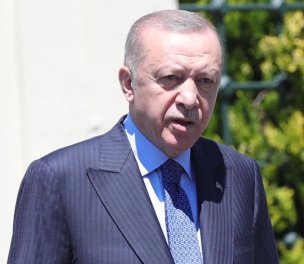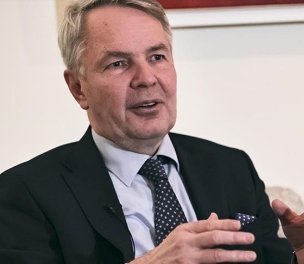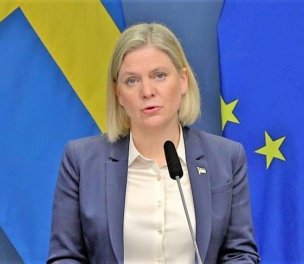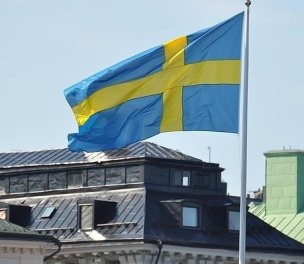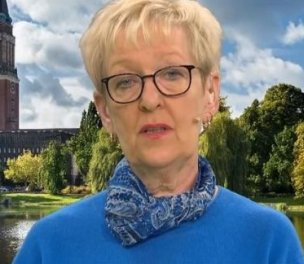Photo: AA/File
Click to read the article in Turkish
A senior official from Sweden has said that the country's position on arms sales to Turkey may change in the face of Ankara's objections to the NATO membership bids of Sweden and Finland.
There is currently no "arms embargo" on Turkey and Sweden examines applications for arms sales individually, said Karl Evertsson, the head of the armaments group of the Swedish Inspectorate of Strategic Products (ISP).
"The examination is based on defense, security and foreign policy reasons and criteria," according to a translation by Medya News from Sweden's media. "It is a turbulent time, and everything in the security policy area, from the war in Ukraine to the discussions over Sweden's NATO membership, are aspects that can affect an assessment."
Turkey has asked Sweden to end what it calls the arms embargo, extradite "terror suspects" and end its support to "terror groups" to approve its NATO membership.
While Sweden says it is ready to address Ankara's security concerns, it denies supporting "terrorism."
Delegations from Sweden and Finland had talks in Ankara on May 25 in an effort resolve the issues. Presidential Spokesperson İbrahim Kalın, who headed Turkey's delegation, said after the meeting that the two Nordics countries were "positive" on lifting sanctions against Turkey.
Erdoğan's statement
However, President Recep Tayyip Erdoğan yesterday (May 29) expressed frustration about the negotiations, which he said didn't meet the expectations.
"They have expectations; but as they have not taken the steps they should take regarding Turkey, they, especially Sweden, allow terrorists to walk on the streets of Stockholm and ensures their security with their police," he told reporters.
Sweden has halted arms sales to Turkey since late 2019, following Turkey's military offensive into the territory controlled by Kurdish groups in northeastern Syria.
Ann Linde, Sweden's foreign minister, had criticized Turkey over the offensive at the time.
"Turkey's actions are irresponsible and contravene international law, risk serious humanitarian consequences and could lead to a resurgence of Daesh [ISIS]," she had said in a 2019 tweet. "The UN Security Council must immediately shoulder its responsibility to avert further escalation, acting with EU partners." (SD/VK)




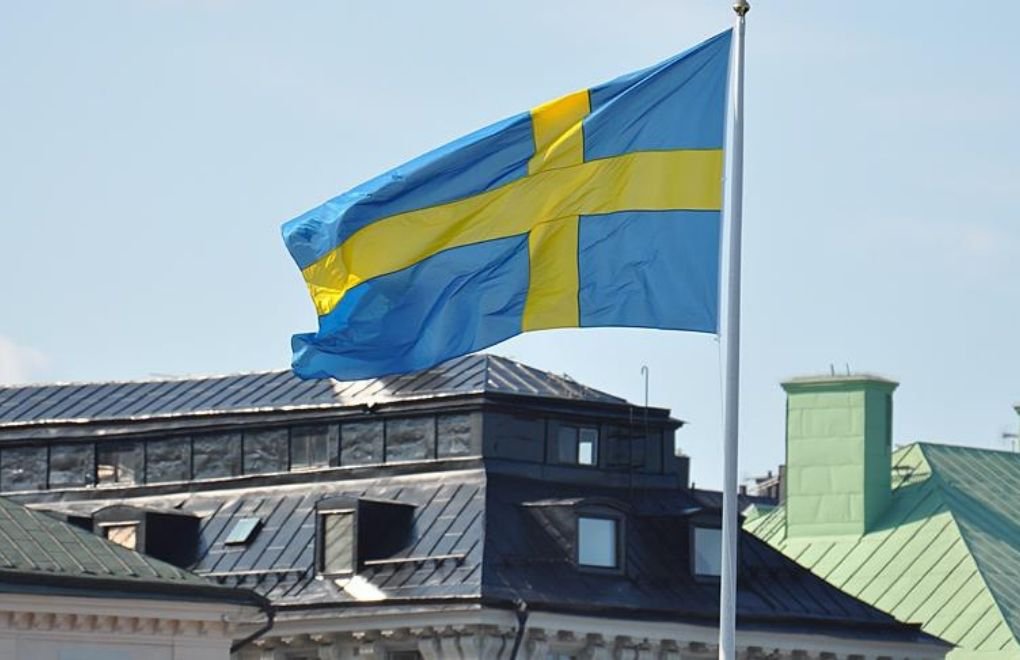
.jpg)
